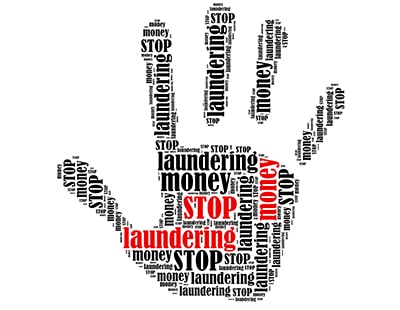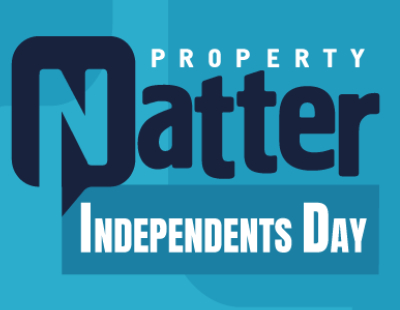Yesterday (January 10 2020), the Fifth Anti-Money Laundering Directive (5AMLD) became law. It forms part of ongoing international efforts to tackle corruption and is the latest legislation in a process driven by the intergovernmental Financial Action Task Force (FATF), the EU and UK lawmakers to tackle terrorist financing and money laundering.
The property market is ripe for money launderers; a factor the UK government continues to act upon. The government’s economic crime plan for the next three years may require estate agents to hand over private information about buyers and sellers of property. This will help stop the proceeds of crime being ‘cleaned’ through property buying, selling and letting.
While most agents have solid compliance processes in place, 5AMLD is a reminder that these need to continually evolve in line with changing legislation and that there’s no room for standing still.
What is 5AMLD?
5AMLD is a series of additional provisions that build on the fourth Anti-Money Laundering Directive. Here are some of the headlines:
• Cryptocurrency will be regulated: Cryptocurrency exchanges are set to face the same obligations as financial service providers. EU Financial Intelligence Units are now required to keep details on who owns the currency.
• Prepaid cards and remote payments: Payment companies are required to carry out checks on anyone using a card funded with €150 (4AMLD limit was €250). Also, anyone authorising remote payments over €50 must be identified.
• ‘Know Your Business’: Regulated businesses are currently required to conduct checks on customers. This will extend to businesses they trade with. At government level, national registers of beneficial owners must be set up, so anyone holding a 25% or above stake in a business must be registered.
Impact on estate agents
In the property sector, the key point for estate agents is that they must show they understand and ‘know’ their customers. They need to be in a position to prove, beyond any reasonable doubt, that property transactions do not involve any illegal funds or activities.
If they do have any doubt, under 5AMLD, the estate agent must take action and actively report their suspicions to the authorities.
Here are a couple of key actions which estate agents should implement and for anyone else in the sector to double-check their current standards against.
Agents will need to demonstrate:
• Effective due diligence on all customers. They will need to keep records of the checks they have undertaken to not just prove the buyer or seller’s identity, but to also evidence proof of legitimate funds.
• Enhanced due diligence is carried out when a buyer or seller is a politically exposed person i.e. individuals with a senior political position or who undertakes a prominent public role.
• The business has a Money Laundering Officer to ensure procedures are met and report suspicious activity. Agents must ensure they have at least one person who is properly trained within their organisation and assumes responsibility for keeping track of changing legislation and processes. To reduce risk and exposure, it’s often advisable to have two different people fulfilling such obligations.
• All new staff are screened to ensure functions are carried out with integrity. Similarly, estate agents need to properly vet any personal relationships and connections between staff and buyers, sellers or landlords to ensure there’s no risk of illegal activities.
• Staff are trained to recognise suspicious activity. There’s a robust system in place for reporting suspicions, with no excuses for poor quality and incomplete reporting.
• Maintenance of up-to-date records. Estate agents must ensure they allow time for regularly checking the quality and validity of their records and testing that their anti-money laundering procedures are being upheld.
Enhanced Due Diligence – letting
The Directive requires enhanced due diligence when dealing with transactions from high-risk countries (you can see a blacklist of countries here).
There is a particular focus on the London housing market, where rents can easily exceed the letting threshold of €10,000 per month.
Syrian president, Bashar Al-Assad’s niece, living in a London flat is a case in point. The National Crime Agency discovered Assad’s niece Anisseh Chawkat was studying at university in London, leading to her assets being frozen. Under 5AMLD, the letting agent that arranged the rental for Ms Chawkat would have no excuse for failing to ascertain who she was and reporting the transaction.
Irrelevant of Britain’s EU membership and pending departure date, the UK government will continue to implement laws that support international efforts to fight financial crime.
The Fifth Directive marks another step forward in this fight and estate agents should use it as a prompt to look at their businesses and question whether they have full confidence in all of the transactions they’re involved in.
*Mark Halstead is a partner at business and risk intelligence specialists Red Flag Alert









%20by%20Martin%20Cheek.jpg)









%20A%20property%20tale%20for%20our%20times.png)







Join the conversation
Be the first to comment (please use the comment box below)
Please login to comment